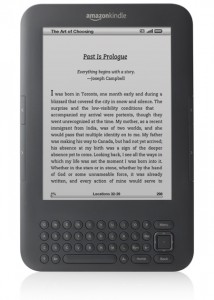Funny story.
In my second book, Bullies in the Headlights, I reference a church song in which the words have been changed. Here are the original words:
I have two little hands folded snugly and tight,
They are tiny and weak yet they know what is right.
During all the long hours till daylight is through,
There are plenty of things for my two hands to do.
In the book, I changed the words to the following:
I have five little fingers on one of my hands,
I have six on the other, I don’t understand.
During all the long hours till daylight is through,
I have one little finger with nothing to do.
My sons, of course, like my version better. In my book I have actions that go along with the new words, one of these actions are to stick one’s finger up one’s nose.
So whenever we all get together for singing time, they sing my version, and do my actions. I’ve found it quite funny over the last few months, but today it all came back to bite me in the end.
We’re moving next week, so this is our last time at church. In primary, they have what are called ‘heartfelt’ songs. Basically, it’s a child’s favorite song. Whenever we sing that song, the child whose heartfelt song it is, stands at the front and sings it with everybody.
Well, today the primary chorister said, “It’s the Jensen’s last week, and it just so happens that all five of them have the same heartfelt song–I Have Two Little Hands. So we want them to come up and lead us in the song.
I should mention that I teach a primary class, so I’m sitting right there.
My five boys look shell shocked. They’re supposed to lead the class not only in word, but in action. They don’t know the real words, let alone the real actions. They stood there like deer in the headlights while the rest of the primary sang the song. The other kids looked confused because my boys weren’t singing their heartfelt song.
That’s bad enough, but it gets worse.
After the song the chorister, sounding a little confused, asked, “Why is that your favorite song?”
Son number three was quick to fill in the details. “My dad changed all the words and actions, so we like it.”
There was a few seconds of silence, and then the chorister looked at me. “Well then, why don’t we ask Brother Jensen to come up and teach us his way.”
My turn to look like a deer in the headlights.
Have I mentioned my wife is in primary as well? I look back at her and she is at once able to motion to me–a motion I interpret as ‘if you get up and teach them that song you’re going to sleep on the couch for a year–and at the same time motion to the chorister that no, Brother Jensen’s version might not set the right tone for the rest of primary.
It took some convincing, but we finally got the kids singing time back on track, and we escaped without further corruption of our little primary children.
Hopefully we can do as little damage at our next ward.


